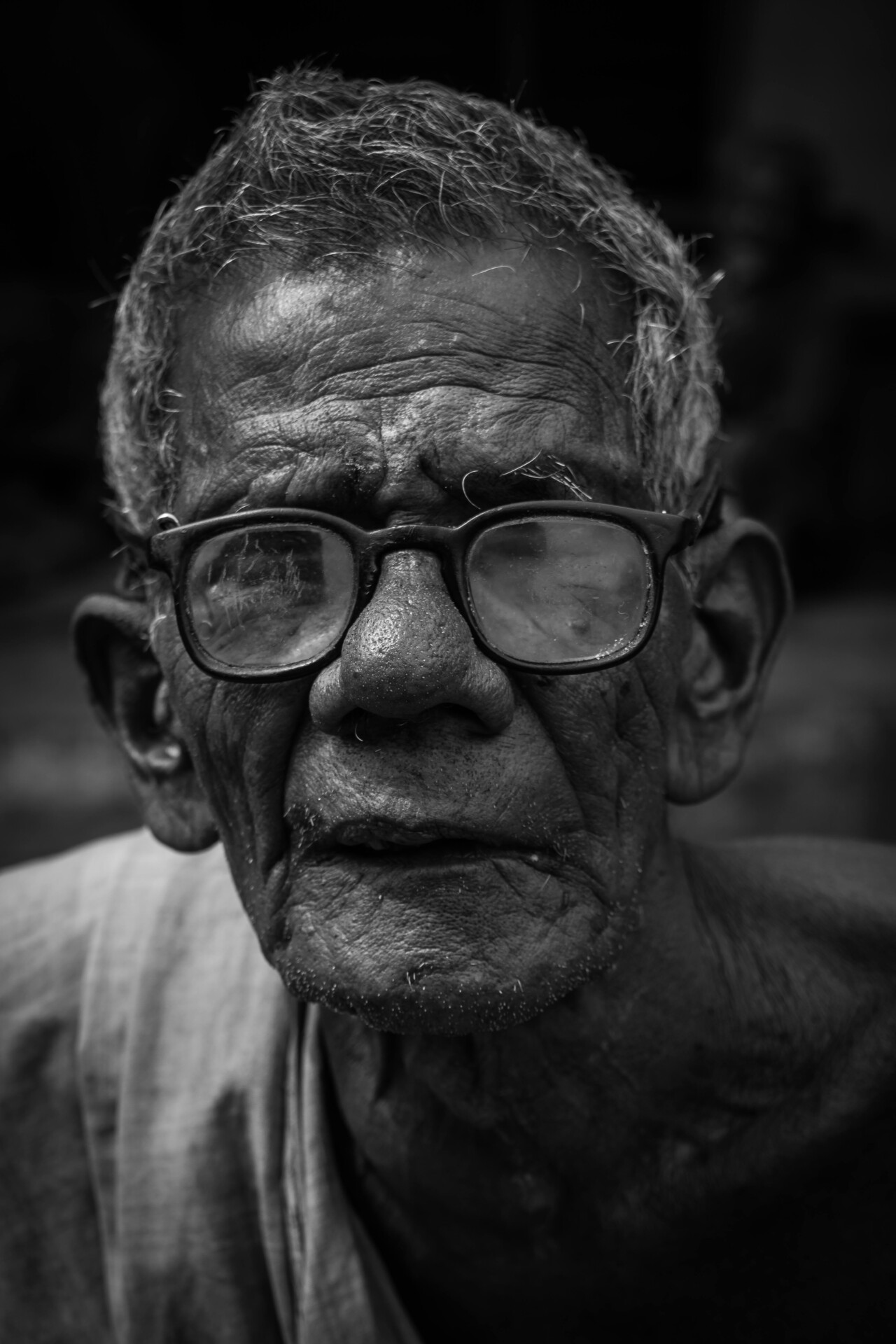Hi, I am Rakesh, an NRI living in London.
While I live and work in Central London, my aging parents are back in Mumbai. Every day at 7 a.m., I call my father to check if everything is going well. I often message my old friends and relatives to confirm that they still live in Mumbai so I can reach out for help if anything happens to my family. Do you think this sounds familiar to you?
I have lived on another continent for five years and have effectively become a long-distance caregiver. Instead of having deep, meaningful conversations with my loved ones, our calls revolve around checking their blood pressure or discussing recent test results.
How did it start?
When my mother was diagnosed with lung fibrosis in 2020, I knew I could not travel to India to support her through this challenging journey. I received the call in September 2020, just as we prepared to welcome our baby into the world. While I wanted to be there for my parents, I couldn’t leave my wife alone in London, especially with our first child, who was expected in just a few weeks. I often wished I could be in two places at once.
The following months were filled with doctor appointments that my mother needed help getting to, endless diagnostic tests for which I couldn’t receive the results, and a mix of conventional and holistic treatments. I felt out of the loop and unable to contribute as much as I wanted to. My mother frequently needed an ambulance and struggled with depression during this time.
My father also faced challenges—he was dealing with mild dementia. Identifying the right doctor, arranging home care, and keeping an eye on him when he was out of the house were all very draining tasks. With both parents facing health issues, they missed the opportunity to spend quality time together. What my mother needed was not only effective medical treatment but also emotional support from her loved ones.
Most of our conversations during the 24 months of treatment focused on managing the medical processes. This was a frustrating time for me because, despite speaking daily, we missed the chance to connect on a deeper level.
The Solution:
My story may resonate with some of you. Although your experiences might differ, I began searching for safety solutions for my family and, by chance, discovered Dial 4567. After exploring their website, I was impressed by their life safety services, which came at fair and affordable pricing. Dial 4567 provided the services I sought, including a 24/7 Senior Citizen Safety Station, Ambulance Services, Dementia Care, Roadside Assistance, and Emergency SOS Services. Additionally, they offered CCTV home cameras, personal counseling, and a lost and found service for misplaced belongings. My struggle to keep an eye on my parents has been significantly eased thanks to Dial 4567.
I have found that remote caregiving is often ineffective. Over the past year, I’ve spoken with hundreds of NRIs, and the majority indicated they would turn to other relatives and old friends for help. However, it quickly became apparent that this is not a sustainable solution, as family and friends cannot provide the necessary care and support. Dial 4567 offers the best option for long-term assistance, allowing you to access support with just the click of a button through the application.
It’s time to adopt technology:
Long-distance caregiving can be quite challenging. However, we have all chosen to build our lives on a different continent, and we want the best for our families. As a Non-Resident Indian (NRI), I have set a goal to overcome the practical obstacles of providing support from afar and to assist all members of the global Indian diaspora, including myself. The initiative called Dial 4567 has been a tremendous help for me.








 WP Digitals
WP Digitals